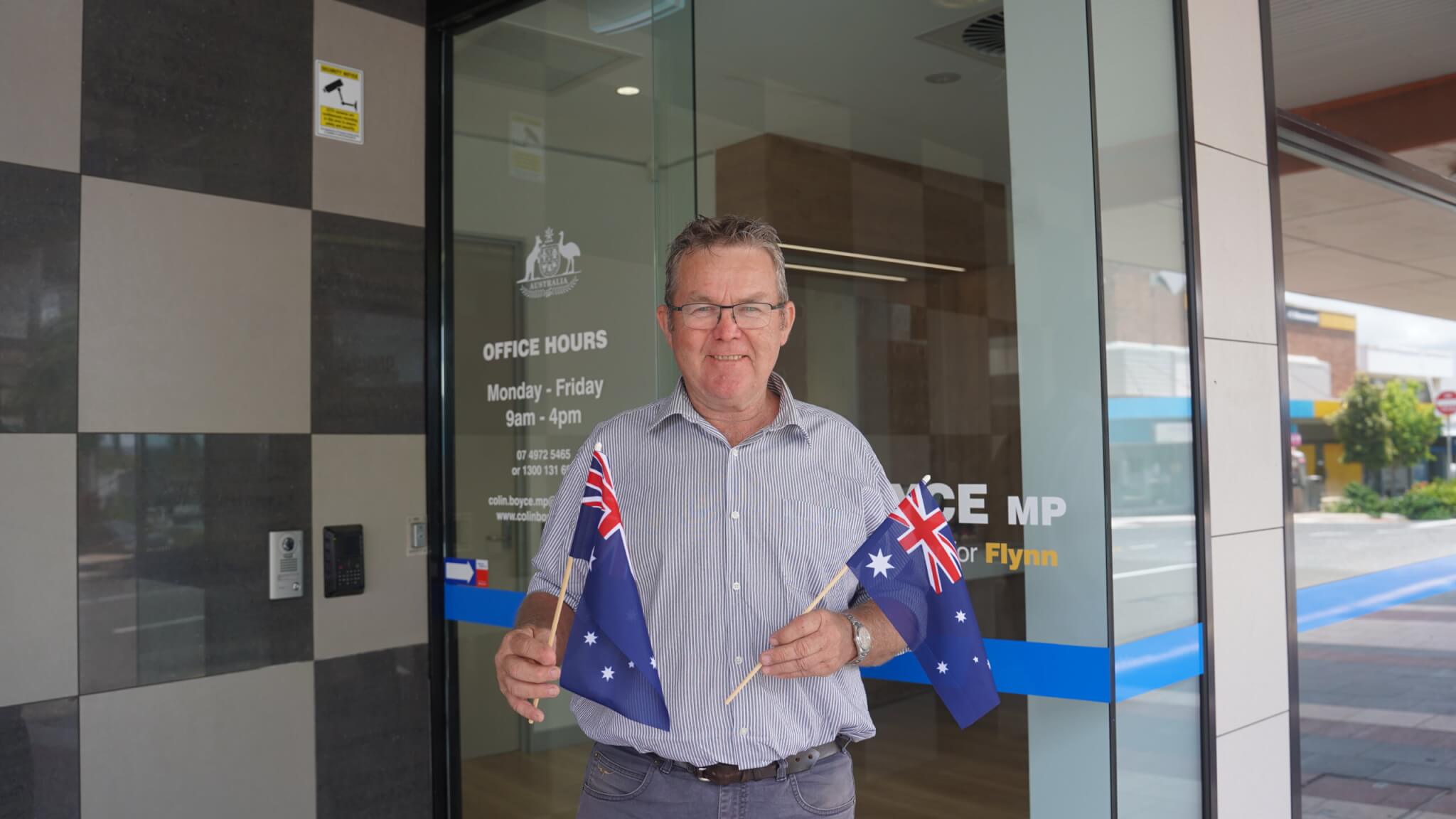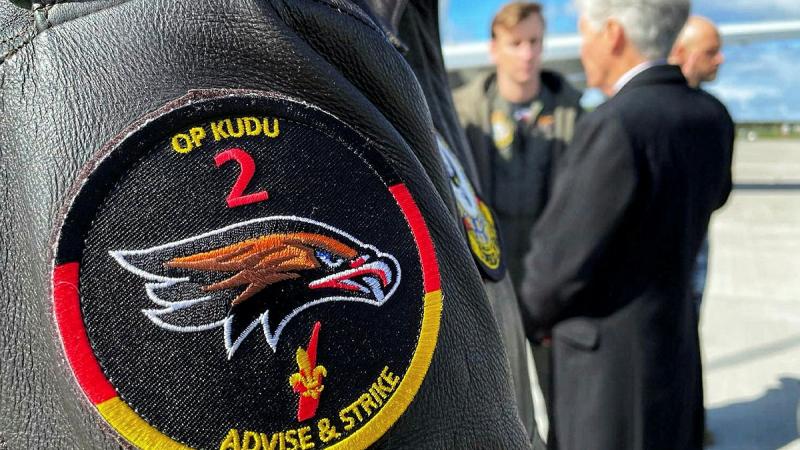NSW Health experts are renewing their warnings for people to be alert for symptoms of measles after a Sydney woman was diagnosed with the highly-contagious condition.
The woman, aged in her 40s and who thought she had been vaccinated as a child, is the 14th person since Christmas to be diagnosed with measles.
She became ill after returning home to Sydney from an overseas trip last week.
Director of the Communicable Diseases Branch at NSW Health, Dr Vicky Sheppeard, said the woman is now isolated at home.
She spent time in the following locations while infectious:
- February 15: Social Brew Café, 224 Harris Street, Pyrmont between 11am and 11:30am
- February 16: Bus 389 from Allen Street to city approximately 10:30am and returning approximately 2pm
- February 16: NSW Art Gallery from approximately 11am to 1pm
- February 16: Queen Victoria Building, Sydney, between approximately 1pm and 2pm
“People who were at these locations at the same times should be alert for measles symptoms until March 6 as the time from exposure to the onset of symptoms is from a week to 18 days,” Dr Sheppeard said.
“Please note that these sites do not pose any ongoing risk to the public.”
The local public health unit is working with a local medical centre to contact other patients who were present when the woman attended to offer preventive treatment, if needed.
“If you develop symptoms please call ahead to your GP so that you do not wait in the waiting room with other patients,” Dr Sheppeard said.
NSW Health urges people travelling overseas to ensure they are fully vaccinated before heading off.
“The measles-mumps-rubella (MMR) vaccine is safe and highly effective protection against measles,” Dr Sheppeard said.
“NSW Health offers free MMR vaccines via GPs for anyone born during or after 1966 who hasn’t already had two doses.
“As in this case, most people in their 40s assume they are immune to measles, however if you don’t have documentation of two doses of measles vaccine, it’s smart to have a free shot before you travel.”
Outbreaks of measles in popular tourist destinations means the risk for measles being imported into Australia at the moment is high.
Measles is highly contagious and is spread in the air through coughing or sneezing by someone who is unwell with the disease.
Symptoms include fever, sore eyes and a cough followed three or four days later by a red, blotchy rash spreading from the head and neck to the rest of the body.
Protecting children from potentially deadly diseases is a key priority for the NSW Government, which has invested approximately $130 million in the 2018-19 Immunisation Program budget, including Commonwealth and state vaccines.
For more information on measles, visit:
/Public Release. View in full here.








